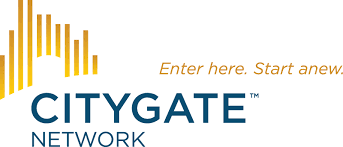Giving Any Asset
When people think about giving to charity, they often go straight to writing a check, but it’s wise to consider other non-cash options too. Did you know research shows that about 90 percent of wealth is actually held in non-cash assets? Many people incorrectly assume the value of their estate is much less than it actually is — and miss out on important opportunities to further charitable causes or bless their loved ones in significant ways!
Here Are a Few Examples of Non-Cash Assets
- Charitable gifts from a will or trust
- Individual Retirement Accounts (IRAs)
- Real estate
- Business interests
- Life insurance
- Appreciated assets like stocks, bonds, and mutual funds
- Farm commodities
- Personal property
- Oil, gas and, mineral rights
- Donor Advised Funds
Giving non-cash assets can help you reduce or eliminate capital gains tax when you transfer part or all of your assets to a charitable organization before the sale. You’ll receive a tax deduction (and see significant savings on your income tax returns), and your favorite charity will be blessed with more. It’s a really wise way to give — and the impact will last for generations.
When you explore other ways to give the assets entrusted to you, you may be able to increase your potential impact and experience personal tax savings. It may require a little out-of-the-box thinking, but giving your assets could prove to be a great way to leave a legacy for generations to come.
Retirement Assets
Many people who desire to practice good stewardship of their resources view estate planning as a wise way to provide for their loved ones and communicate what matters most in their lifetime. A great way to do this is by leveraging your retirement assets and the permanently-instated IRA charitable rollover. The rollover allows you to bless the organizations you care about while also avoiding heavy taxation on your assets and income.
Options for utilizing your retirement assets
- You can name a charity as a beneficiary of your individual retirement account (lRA) or life insurance policy to establish a future gift without impacting your current income
- If you are older than 73, you can transfer IRA distributions to a charitable organization as a tax free donation up to the annual limit (indexed for inflation each year) and satisfy minimum distribution requirement
IRA Charitable Rollover
If you are age 73 or older and have an IRA, but are making charitable gifts from your checkbook, you are missing a very important tax break! A gift from your IRA is considered a Qualified Charitable Distribution (QCD) which counts toward your Required Minimum Distribution (RMD) for the tax period. Under the new tax law many people’s itemized deductions do not exceed the new higher standard deduction. Giving from your IRA may be your only way to give and save on taxes at the same time. Take advantage of the IRA charitable rollover gifting strategy as a means to support the work of charities you care about.
Here are a few of the benefits you will enjoy:
- Avoid taxes on transfers (up to the annual limit) from your IRA to charity
- Satisfy required minimum distribution for the year
- Reduce taxable income, even if you do not itemize deductions
- Make a gift that is not subject to the 50 percent deduction limits on charitable gifts
- Help further the work of charitable organizations and causes you’re passionate about
Making a Will
One of the most popular reasons people do not take the time to create or update their estate plan is because they assume it is a big process. The truth is, with the right help, it’s actually fairly simple — and the impact on your loved ones or the organizations you cherish can be far reaching.
Dallas Willard once said, “Blessing is the projection of good into the life of another.” Having a will that’s current and strongly aligned with your personal values can project good into the lives of those you leave behind.
Here are some questions to consider, to determine whether your estate plan is all it could be:
- Do your plans reflect your family, faith and charitable goals?
- Do you understand the estate planning options available to you?
- What kind of legacy do you want to leave for your family?
- How would an inheritance to your children impact their lifestyle?
Creating or updating a will is often seen as a wise financial decision — and it is — but with a little care and intention, your estate plan could represent so much more.
A current, values-aligned will can:
- Communicate a meaningful legacy to those you leave behind
- Ensure your financial house is in order — eliminating the burden from your loved ones
- Become the ultimate act of worship and stewardship. By including a gift in your will to an organization you care about, you make a clear statement of faith that sustains and encourages that organization for generations to come
Here are several reasons why you should create or update your will:
- You decide who will be the next steward of the resources entrusted to you
- An up-to-date will reflects changes in your family, financial situation, or tax laws
- You determine who will care for your children and how your assets should be distributed
- You can help your favorite charitable organizations, creating an impact and ensuring their ministry continues for years to come
- Your family will avoid unnecessary costs and hassle
- You will have peace of mind knowing your house is in order
- You can be certain your will is a true reflection of what you value most
This material has been prepared to provide general information regarding the subject matter covered. It is not intended to serve as legal, tax, or other financial advice. You should consult with your own attorney, CPA, or other advisor regarding your specific circumstance.




